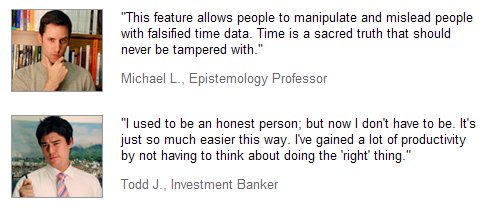I went to f8 yesterday and I can’t say I had the best time in the world. I probably have more fun at LinuxWorld, but maybe my expectations are lower when I don’t pay $150 to get in. I was hoping to get some more juicy details about the platform, especially about the business side, but the content is mostly people on panels talking about what they do. The most interesting and well-organized presentation on the business track was run by Jia from RockYou. It’s not that it wasn’t interesting, I just wish there was a bit more preparation.
I’m sure all the announcements have been well-covered. I haven’t gone into Google Reader yet today, but I wanted to note a few things.
- Wireless was horrible.
- That there was constant music was OK, but it was usually too loud.
- I saw Marc Canter, Robert Scoble and Mike Arrington walking around (separately), and intellectually I wanted to say hello to them…but I chickened out.
- Arrington was wearing flip flops. There’s probably a bad pun in there somewhere, but I won’t go there.
- As Mike Arrington walked by me, I suddenly reconceptualized him as human being, not a sometimes-aggravating participant of the Gillmor Gang. It made me appreciate him more.
- I am not an Arrington fanboy. I am a Steve Gillmor fanboy. I didn’t spot Steve at f8. 😛
- There were a couple viable consultancies who help traditional agencies develop Facebook strategies. I’m going to push hard to get Clear Ink to offer those services.
- Zuckerberg’s keynote made me thirsty for (virtual) kook-aid. The goal of increasing social connections appeals to me. I’m not sure I’ve heard a tech company pitch their vision on being part of a real social movement as compared to offering me something that would be fun to have.
- Coolest company name: Shanghype.
- I’m still enjoying the idea that people in Liverpool started a fan group for me on Facebook.
